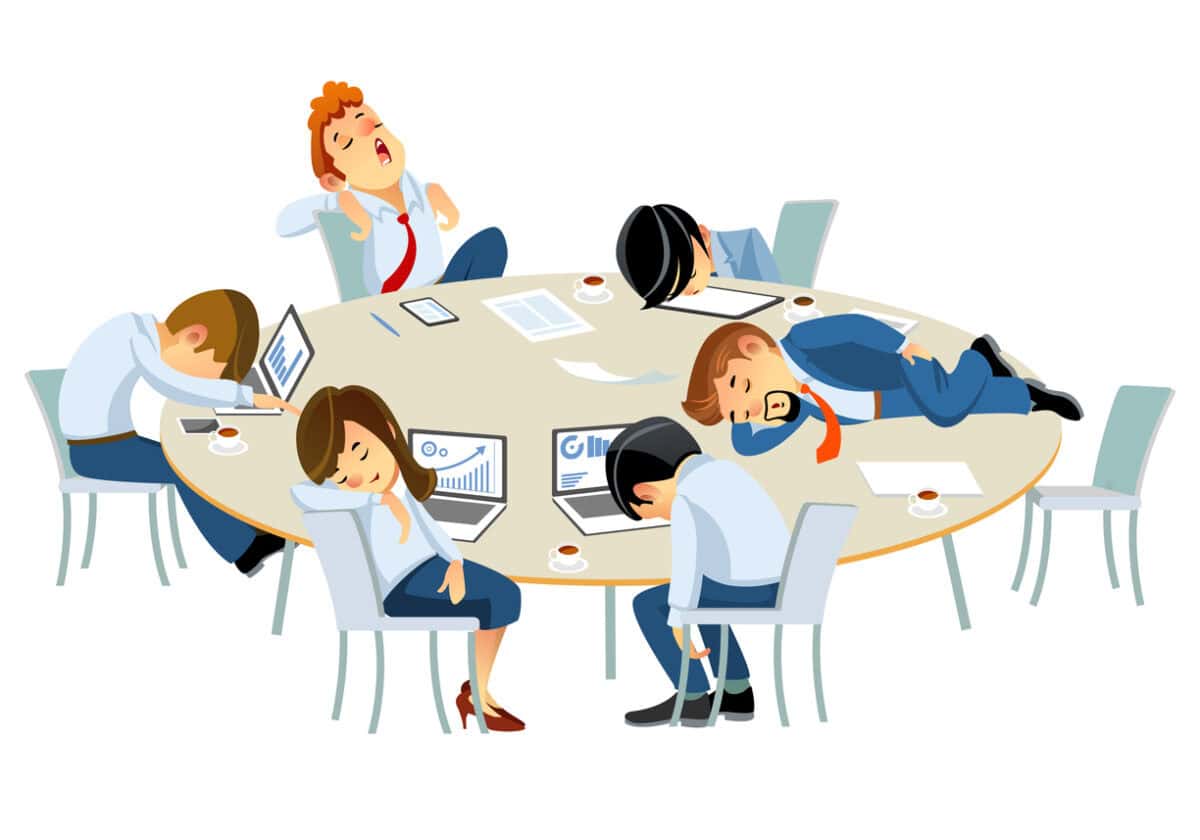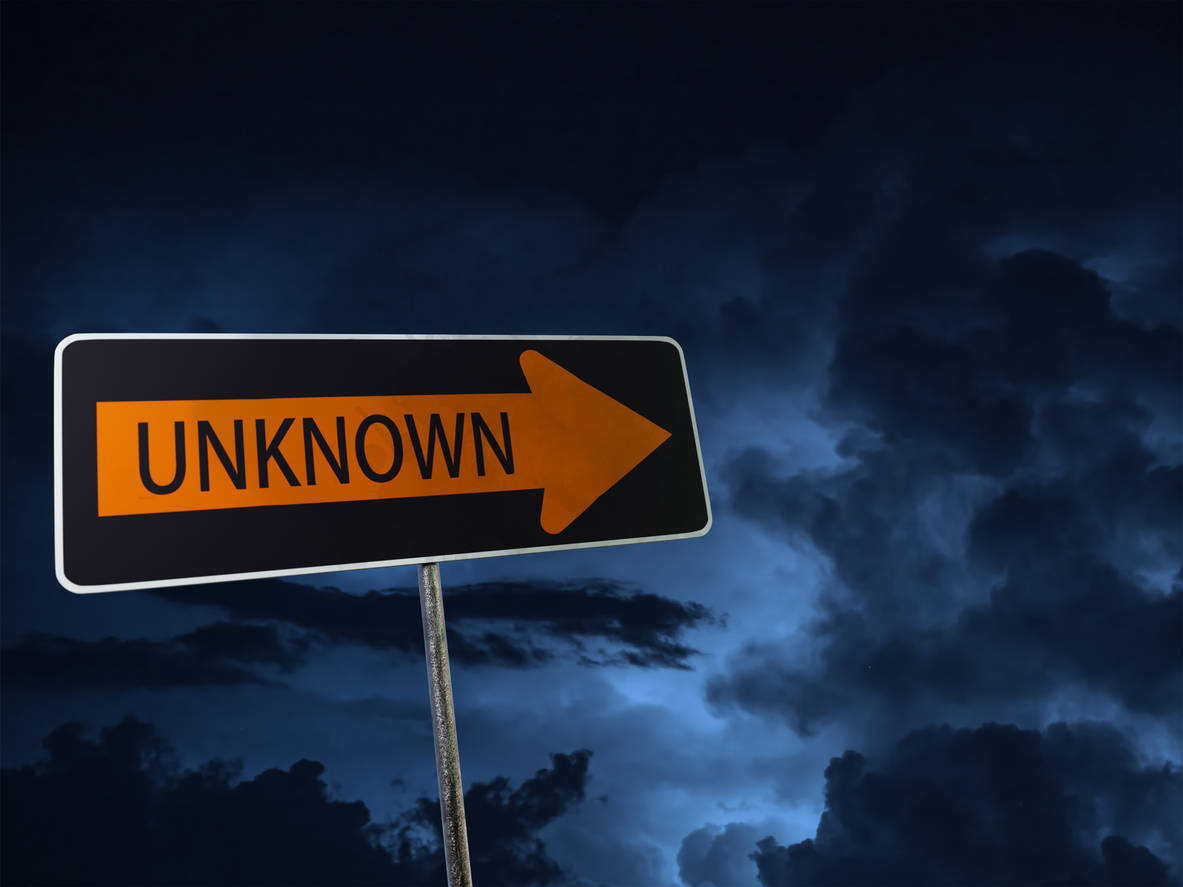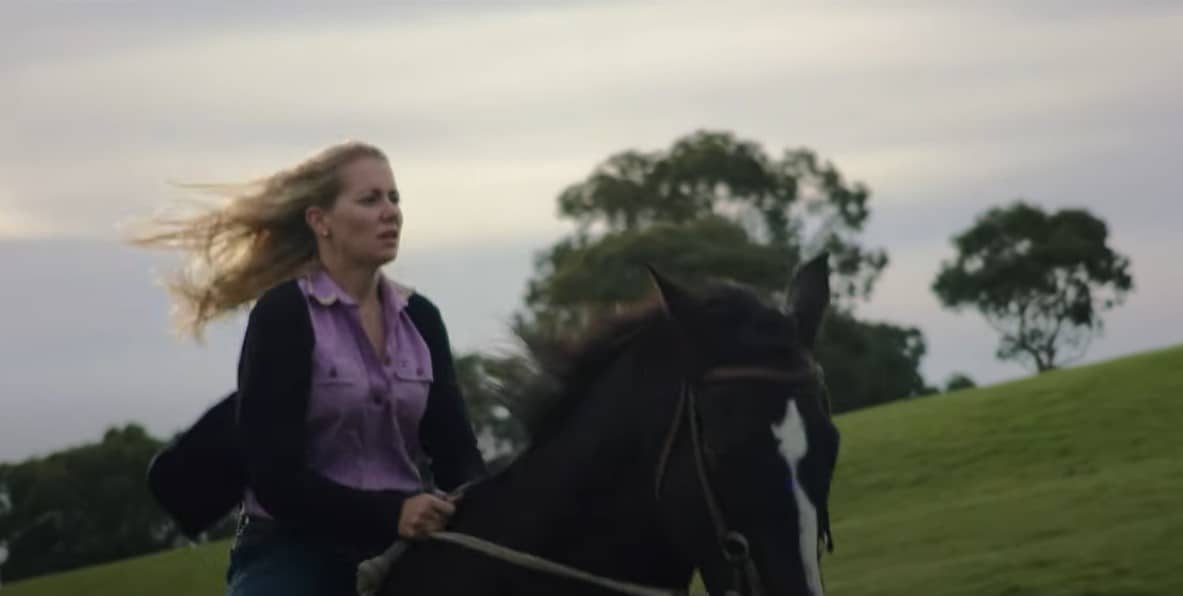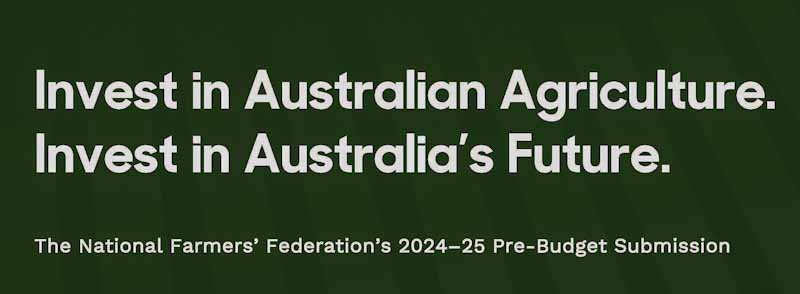Burnout continues to have its moment in the sun. It is the cover story of the February 2024 edition of Psychology Today and is a major theme in a new book about exhaustion. The World Health Organisation’s (WHO) declaration of burnout as an “occupational phenomenon” is downplayed or ignored in both publications.
Category: stress
The future of OHS and Safe Work Australia
Marie Boland‘s work and reviews have been prominent features in Australia’s occupational health and safety (OHS) for over a decade. Last year, she took on the CEO role at Safe Work Australia, the country’s principal workplace health and safety policy body. Recently Boland spoke to the Australian Institute of Health and Safety (AIHS).
The interview/article starts with the unavoidable moral argument for the importance of workers’ lives in Australia and the social ripple effect of deaths and serious injuries. Inevitably, economic cost is mentioned:
“Our research shows that, in the absence of work-related injuries and illnesses, Australia’s economy would be $28.6 billion larger each year, and Australians would be able to access more jobs with better pay,”
page 27, OHS Professional, March 2024
Economics is always mentioned in articles about the importance of workplace health and safety but, really, who cares?
“10 to 15% of suicides in the working population are attributable to work”
Job strain, job stress, and psychosocial hazards at work have become mainstream if a major public broadcaster produces radio programs and podcasts about them.
On March 15, 2024, the Australian Broadcasting Corporation’s This Working Life program interviewed Australian experts on job strain. The program offered the latest thinking on the prevalence of this hazard and what to do to prevent it.
Note: This article mentions work-related suicide.
New Australian film on farming life and mental health
“Just a Farmer” is an extraordinary independent Australian film about an all too common occurrence on farms – suicide. The filmmakers have built a strong media profile over the last few months, emphasising the significance of a psychosocial work-related condition. But the film is much more than a film about mental health
Note: this article mentions suicide
There are two possible approaches to this film – a story about the realities of farm life and a depiction of mental ill-health. That both these overlapping approaches are satisfied by this film is a mark of a successful story and production.
The movie opens in over 100 Australian cinema screens on March 21, 2024.
Let’s talk about work-related suicide
Occupational health and safety (OHS) has been fairly successful in reducing the frequency and numbers of traumatic workplace injuries largely because such injuries cannot be hidden or may occur in front of others and increasingly on video. It is a sad reality that work-related deaths generate change and progress. Sometimes the more deaths, the more significant that change or, the quicker that change occurs. However, it is even sadder that change often requires a death.
Note: this article discusses suicide.
Suicide prevention needs more than business as usual
That suicide is related to workplace mental health pressures and illnesses is undisputed, but the more independent analysis on the topic, the more complex the causes become. Sometimes, suicide can be a conscious decision, still due to socioeconomic factors but factors that are not necessarily diagnosed or treated with mental health conditions.
[This article discusses suicide risks]
This reality complicates, and should complicate, strategies for the prevention of suicide. Recently, Australia’s National Farmers’ Federation (NFF) submitted its pre-budget wishlist to the government. This submission included action on suicide and mental health but in traditional ways.
Right-To-Disconnect changes need a strategy for acceptance
On February 11, 2024, the Insiders program had a curious discussion on the Right-To-Disconnect. Different generational perspectives, industry perspectives, and a curious denial were present.
Last week, the Australian Parliament passed workplace relations legislation that included a Right-To-Disconnect.
Insiders’ host, David Speers, asked Jacob Greber of the Australian Financial Review to explain the probable workplace changes (it was a poor summary):







